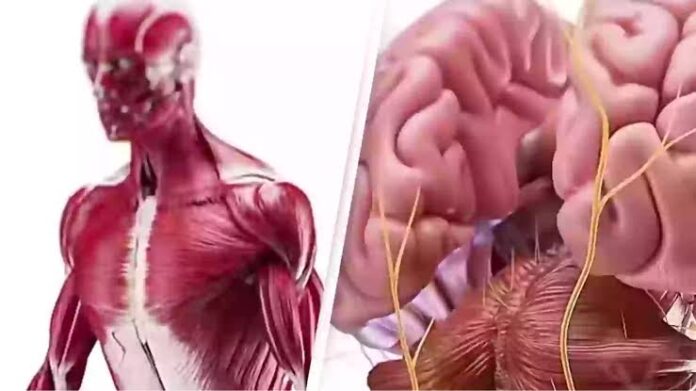Autophagy: How the body eats itself during fasting
When the body goes without food for an extended period, typically between 14 and 24 hours, it activates a cellular process known as autophagy, which literally means “self-eating.”
During this state, the body begins to break down and recycle old, damaged, or malfunctioning cells, including those associated with ageing, inflammation and possibly even diseases such as cancer and Alzheimer’s.
This Alzheimer’s cleansing mechanism helps eliminate cellular debris, misfolded proteins, and dysfunctional mitochondria, essentially performing a deep detox at the cellular level.
READ ALSO: 7 health benefits of guava fruit and leaves
Autophagy serves as a powerful survival and renewal system that not only conserves energy but also supports tissue regeneration and immune function.
First discovered by Japanese scientist Yoshinori Ohsumi, who won the Nobel Prize in 2016 for this breakthrough, autophagy has become a cornerstone in the science of health and longevity.
Practices like intermittent fasting can help trigger this process, promoting cellular rejuvenation.
However, it’s unsuitable for everyone and should always be undertaken with proper medical supervision.
Follow the Neptune Prime channel on WhatsApp:
Do you have breaking news, interview request, opinion, suggestion, or want your event covered? Email us at neptuneprime2233@gmail.com





